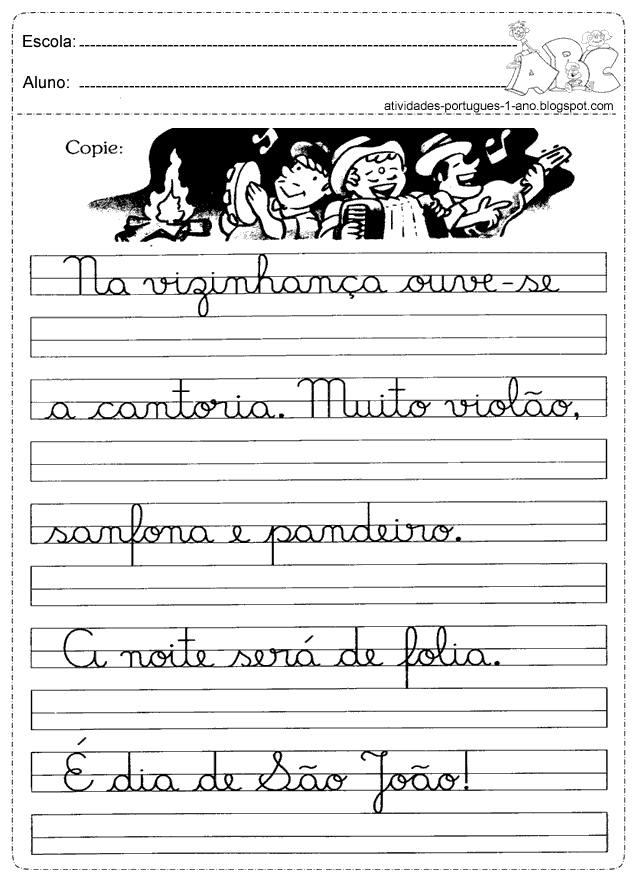The Power of Italics: Emphasizing Your Words Online
In the digital age, where vast amounts of information compete for attention, making your words stand out is more crucial than ever. Whether you're crafting a blog post, an email, or a social media update, the way you present your text significantly impacts how your message is received.
One often overlooked yet powerful tool in the writer's arsenal is the use of italics. While seemingly simple, italics can subtly yet effectively enhance your writing by adding emphasis, clarity, and even a touch of visual appeal.
Think of italics as the online equivalent of a raised eyebrow or a pointed finger. They draw the reader's eye to specific words or phrases, signaling importance or a shift in tone. This subtle visual cue can make all the difference in conveying your intended meaning and engaging your audience.
But the power of italics extends beyond mere emphasis. They serve a variety of purposes in written communication, from highlighting book titles and foreign words to indicating thoughts or dreams in creative writing. Properly utilized, italics can elevate your writing, making it clearer, more engaging, and more impactful.
However, like any tool, italics should be used judiciously. Overusing italics can dilute their effectiveness and make your text look cluttered and unprofessional. The key is to strike a balance, using italics sparingly to highlight only the most crucial elements of your writing.
Advantages and Disadvantages of Using Italics
Let's explore the pros and cons of incorporating italics in your writing:
| Advantages | Disadvantages |
|---|---|
| Adds Emphasis | Can be Overused |
| Improves Clarity | May Affect Readability if Used Excessively |
| Visually Appealing | Can Be Misinterpreted |
Best Practices for Using Italics
To maximize the impact of italics and avoid potential pitfalls, consider these best practices:
- Emphasis: Use italics sparingly to emphasize key words or phrases. Avoid italicizing entire sentences or long passages.
- Titles: Italicize titles of books, magazines, newspapers, movies, and other standalone works.
- Foreign Words: Italicize foreign words or phrases not commonly used in English.
- Internal Dialogue: In creative writing, use italics to indicate a character's thoughts or internal monologue.
- Consistency: Be consistent with your use of italics throughout your writing. Establish a clear style guide and stick to it.
Examples of Effective Italic Usage
Here are a few examples of how italics can be used effectively:
- "The study found a significant increase in productivity." (Emphasis)
- "She highly recommends reading To Kill a Mockingbird." (Book Title)
- "He used the term joie de vivre to describe his outlook on life." (Foreign Phrase)
Frequently Asked Questions
1. Can I use bold and italics together?
While it's possible, it's generally best to avoid using both bold and italics together as it can appear cluttered. Choose one or the other for emphasis.
2. Are there any specific rules for using italics online?
While general grammar rules apply, online writing tends to be more informal. Use your judgment and prioritize clarity for your readers.
Tips and Tricks
- Less is More: When it comes to italics, err on the side of caution. Overusing them can diminish their impact.
- Consider Your Audience: Adapt your use of italics based on the platform and your target readership.
In conclusion, italics, though often subtle, play a crucial role in effective online communication. By mastering their usage, you can add nuance to your writing, emphasize key points, and create a more engaging experience for your readers. Remember, clarity and readability should always be your guiding principles. Use italics strategically to elevate your writing and ensure your message resonates with impact. Start practicing today and witness the difference these small but mighty typographical marks can make in your online presence.
Unlocking the magic your guide to castle collection paint colors
Unleash the medieval scribe within your guide to old english font converters
Mastering the cursive r a comprehensive guide














